What Is Grief Overload?
When the losses keep stacking up, being able to cope can become nearly impossible.
Aug 20, 2024
Over the past eight years, from my mid-twenties to my early thirties, I experienced the profound loss of both my parents and my last remaining grandparent. By the time I turned 33, it felt as if the roof had been ripped off my metaphorical house. I could visualize my family tree shifting, with all the parental figures above me slowly fading away from existence.
One day when I was feeling especially depleted, I tried to express the enormity of my emotions to my therapist. I thought I was “good” at dealing with grief — experienced even. Yet all at once, I felt uncertain, disoriented, and, above all, exposed.
She explained what I was experiencing was a phenomenon called grief overload. Before I could grieve one loss, I was hit with another. This layering of grief made the grieving process, already difficult in itself, much more complicated.
To understand this mental health phenomenon better and learn how to manage the feelings that arise from it, I spoke to several grief experts for their insight.
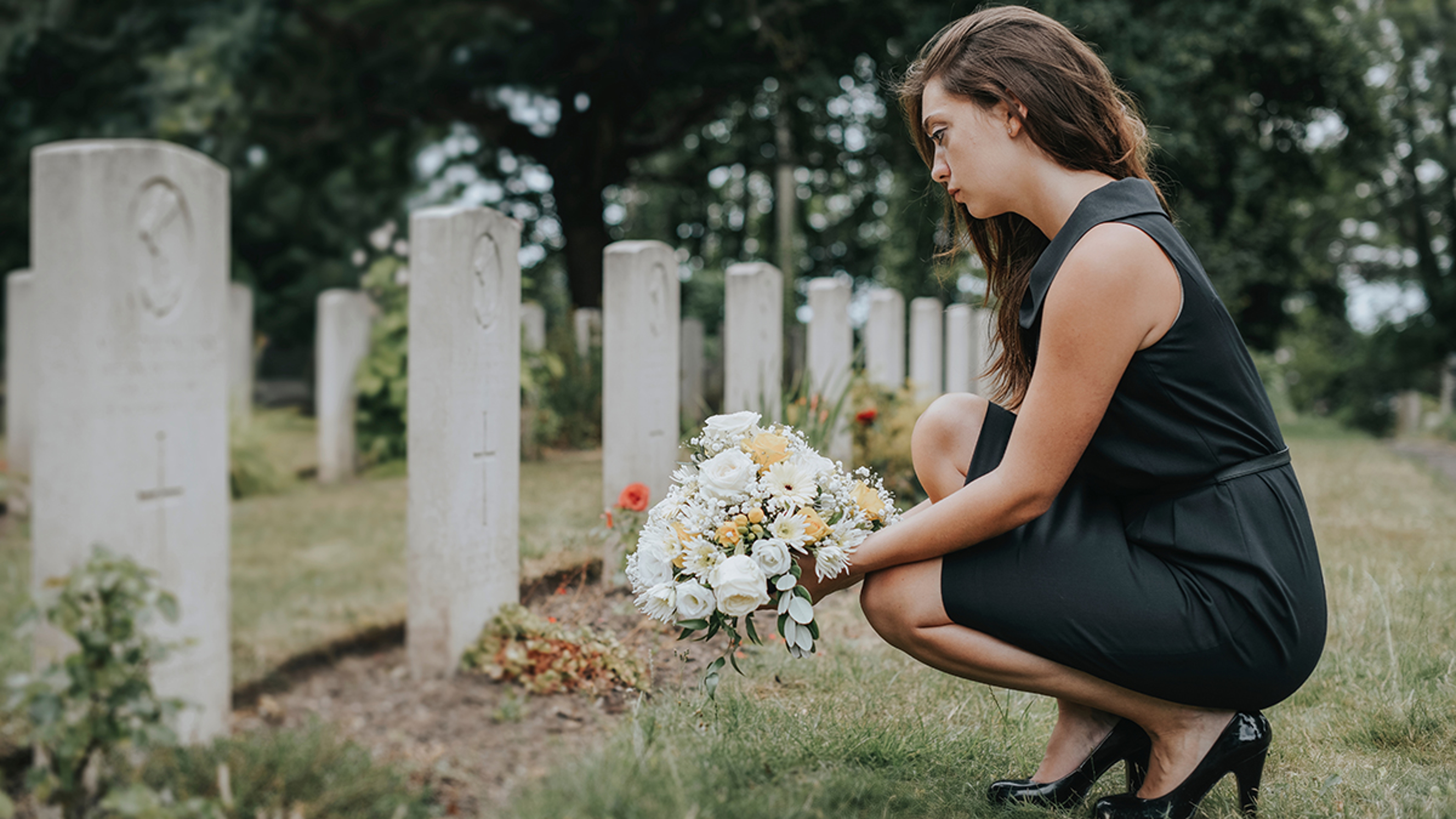
What is grief overload?
Grief overload, also known as cumulative grief, occurs when someone experiences multiple losses, often in quick succession.
“It’s tough because your mind and heart don’t get the time they need to heal from one loss before another one hits,” explains Cheryl Groskopf, an anxiety, trauma, and attachment therapist based in Los Angeles. “This can leave you feeling like you’re drowning in emotions without a break.”
Elreacy Dock, a thanatologist, which is the study of death and how to cope with it, says a specific time frame for grief overload doesn’t exist — just that it applies to losses that happen shortly after one another.
This is, in part, because we don’t always successfully process grief at the time of the losses. In fact, a person may not realize until many months or even years later that he or she didn't process those losses, and the intensity of experiencing grief overload could still be as raw and painful as it was when the losses initially occurred.
The emergence of grief overload also varies by person. While the phenomenon refers to the experience of more than one loss, everyone's capacity to cope varies: One person might experience grief overload after the death of five people, whereas another might experience grief overload after two or three deaths, especially if those deaths were traumatic or sudden, Dock says.
Shelby Forsythia, a grief coach, notes that answering the question "Who or what do I grieve first?" can also be difficult.
If the “what” seems curious, that’s because grief isn't just limited to the loss of a loved one. The physical loss of my parents, considered “primary losses,” would trigger a cascade of secondary losses. For the griever, these losses can be physical or symbolic, such as the loss of holiday gatherings, sense of self, or financial security.
Not surprisingly, these myriad losses can have both short- and long-term effects on the griever.
READ MORE: Navigating the Holidays and Anniversaries in the First Year of Grief
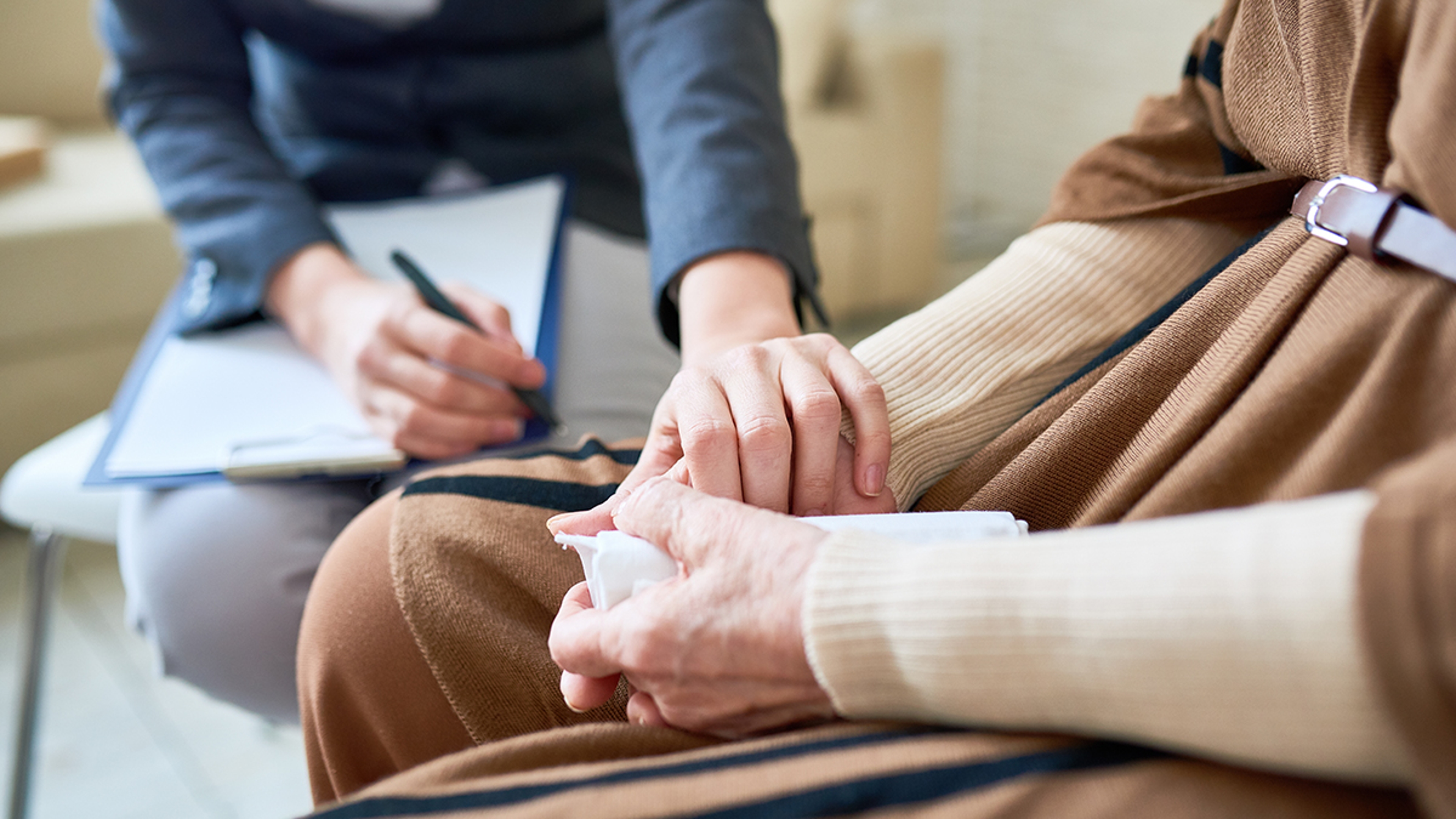
Short-term impact of grief overload
Grief is a full-body experience, according to Elizabeth Schandelmeier, a licensed social worker and fellow in thanatology, which is the study of death and how to cope with it.
Short-term symptoms include brain fog, fatigue, digestive upset, increased emotional sensitivity, and sensitivity to light and sound. When a person experiences grief overload, these symptoms are magnified, making an already chaotic experience overwhelming.
Forsythia explains that even a single loss is disorienting. “Multiple losses can make a grieving person feel like a marooned astronaut trying to find their way on an unfamiliar planet. It's not just the rug that's been pulled out from under them; it's the floor, the foundation of the house, and planet Earth itself.”
Dock adds that grievers may also experience anxiety associated with loss, feelings of guilt, and sleep disturbances. Some people experience physical symptoms such as fatigue, poor immune system function, headaches, and nausea.
Long-term impact of grief overload
The long-term effects of grief overload are profound and multifaceted. According to Forsythia, the experience can severely impact one's sense of safety in the world, affecting the ability to trust oneself and others, make significant decisions, and navigate relationships.
Over time, grief overload can lead to intrusive thoughts, fear of future losses, substance use, indecision, and a preoccupation with the losses, Dock adds. Chronic anxiety and depression are also common long-term effects, as the body is continually dealing with stress, which can lead to physical health problems over time.
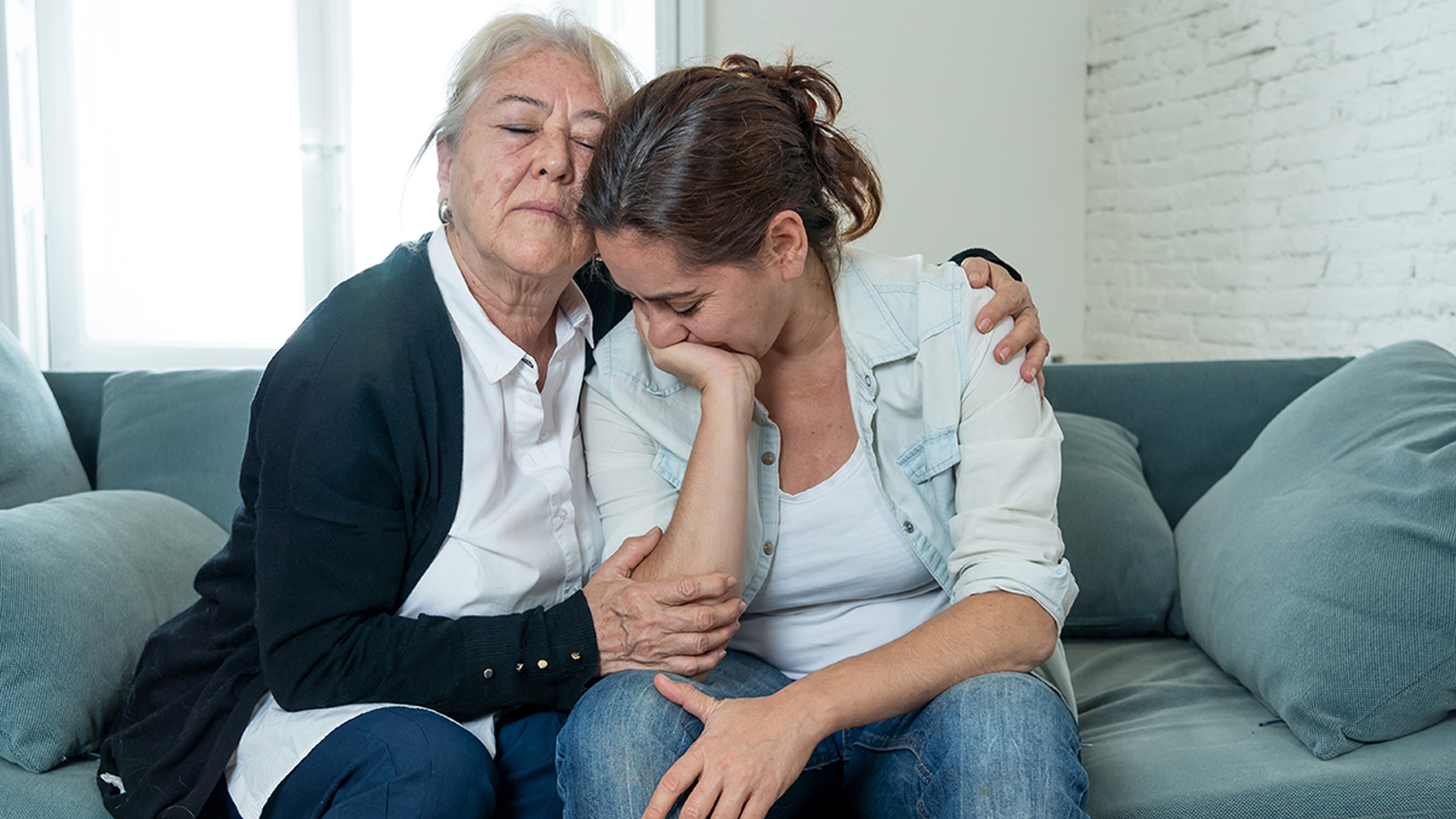
Coping with grief overload
Grief overload requires a multifaceted approach, combining emotional, physical, and mental self-care strategies. The feeling eventually lessens to some extent, but that is in relation to our ability to process the losses, Dock says.
Emotional self-care
Acknowledge your feelings and give yourself permission to grieve each loss fully. Forsythia says journaling, meditating, or talking to a trusted friend can help.
For me, where I truly struggled with grief overload was when the secondary losses hit. Holidays were especially difficult, and I remember feeling devastated when one day I wanted my mom’s Christmas cookie recipe and I realized it, along with many other cherished recipes, was lost forever.
I gave myself space to grieve these “small losses” and permission to feel sad around the holidays. Over time, I was able to find small joys again and reshape how I celebrate, which now is mostly with close friends. When I felt ready, I also started tracking down some of my mom’s recipes from her friends, which, in itself, felt like an emotional step forward.
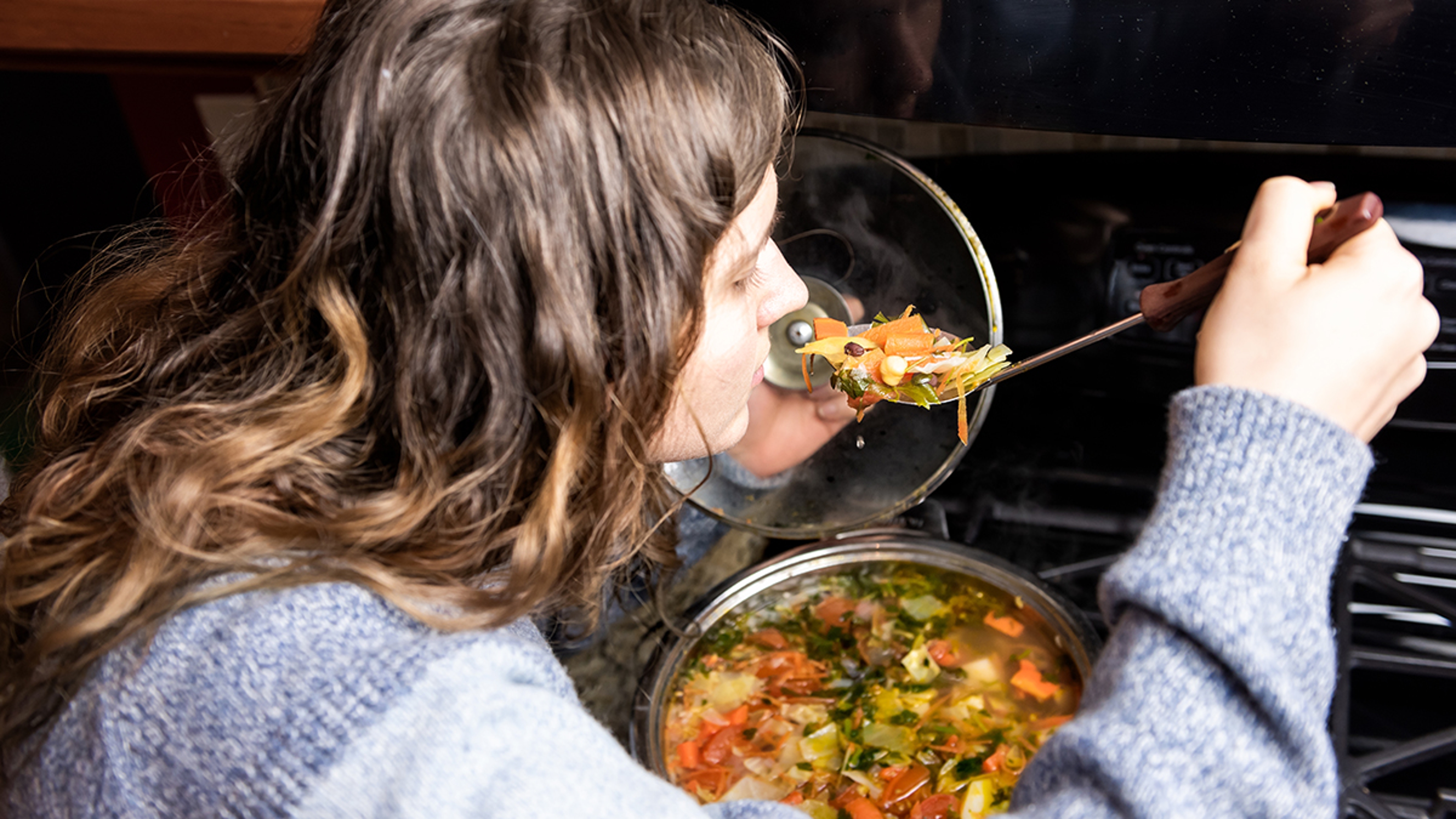
Physical self-care
Taking care of your body impacts your emotional well-being. Experts recommend prioritizing nutrition. Groskopf says, “Grief overload is energy zapping, so anything that offers sustainable, nourishing energy is a healthy self-care practice while grieving.”
Forsythia suggests incorporating nutrient-dense foods, such as veggie-heavy soups and smoothies. Haley Schroth, a registered dietician, recommends foods high in omega-3 fatty acids (found in fish, flaxseeds, and walnuts) to improve mood and cognitive function. Fruits, vegetables, and whole grains — all rich in fiber — aid digestion, promote a healthy gut microbiome for mood support, and help improve focus.
Gentle movement, such as walking or yoga, can also provide relief, as can prioritizing good sleep hygiene.
READ MORE: 6 Easy Self-Care Tips
Mental self-care
Setting boundaries and protecting your energy is vital, advises Groskopf. She stresses not taking on more than you can handle and establishing a routine. Practicing mindfulness and deep breathing techniques can help regulate the nervous system.
5 ways to help a loved one with grief overload
Supporting someone with grief overload requires sensitivity, patience, and a proactive approach.
Be present and listen
Offer a compassionate, non-judgmental ear. Sometimes, just listening is the best help. In my own experience, I felt most comfortable around friends and family who weren’t afraid to have candid conversations around grief, and those who had the foresight to recognize when a particular day or experience might be hard for me.
The first Mother’s Day after my mom died, I volunteered to work that weekend so my co-workers could spend time with their families. A friend surprised me by showing up that day to work quietly alongside me, even bringing me my favorite coffee. We didn’t talk about grief or loss, nor did we need to, but the simple fact that she gave up spending that day with her own mother to be with me will always stick with me.
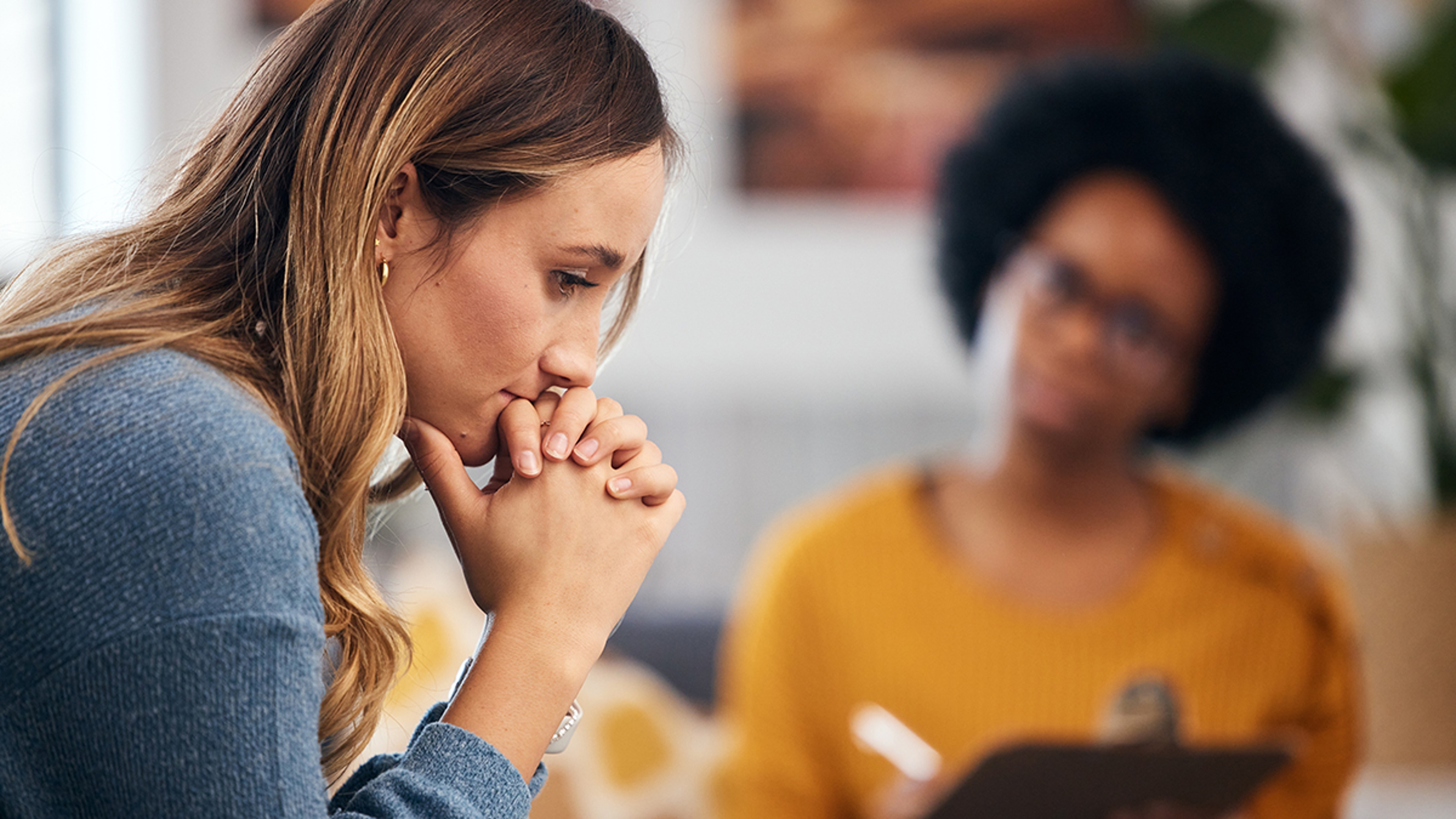
Practical assistance
Offer help with everyday tasks like cooking, housework, or running errands. Coordinating a meal train with friends ensures they have nutritious, easy-to-reheat meals, especially in the months after the loss when support often lessens.
Encourage professional help
If their grief significantly impacts daily life, gently encourage them to seek professional support. If they are open to the idea, you can offer to help them search for the right one to alleviate the mental load of searching.
Offer gentle reminders
Remind them to take care of their physical health. Ask them to join you in gentle activities like a yoga class or walk around the neighborhood.
Respect their process
Everyone grieves differently. Respect their unique grieving process and be patient. If a friend has already experienced one loss, they may have previously navigated grief successfully. They may know more than they realize about handling grief and their values, and might be able to apply those skills to face current losses.
If you feel like you are experiencing grief overload, don’t be afraid to ask for help. Through my own experience with meeting with a therapist, I learned about grief overload and coping skills. The process takes time, but with the right support, I’m learning how to patch my own roof back together.
.svg?q=70&width=384&auto=webp)






